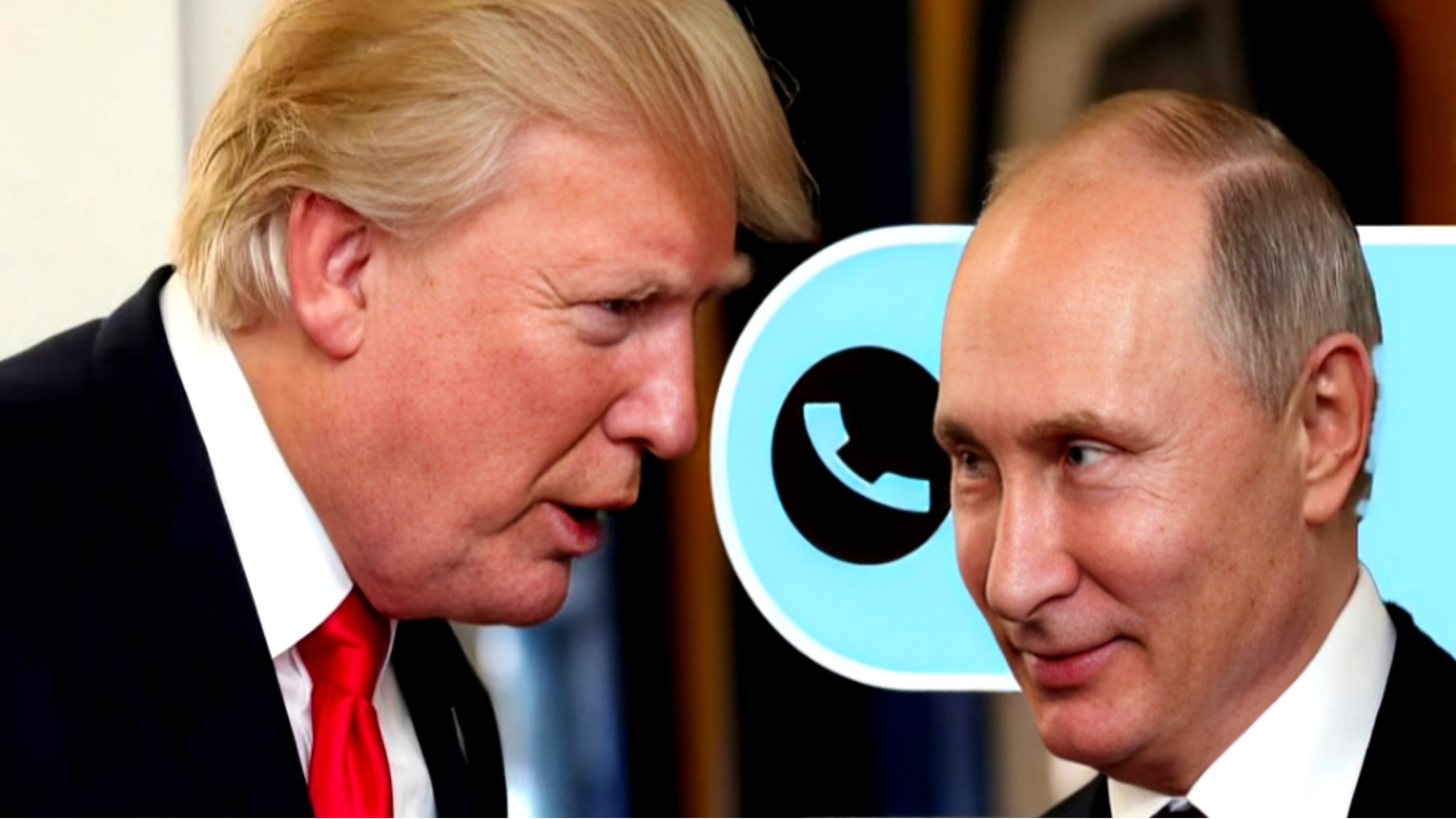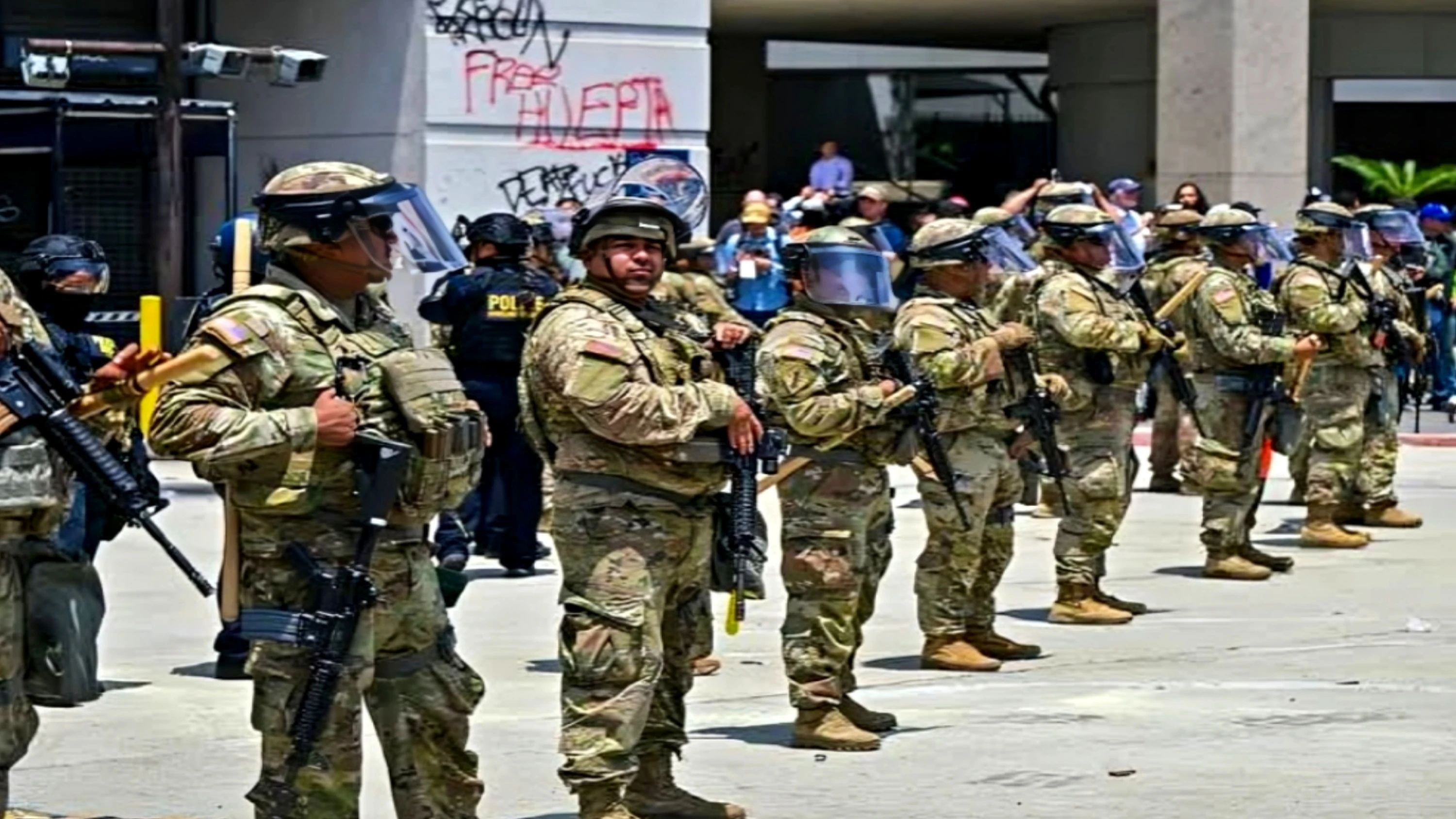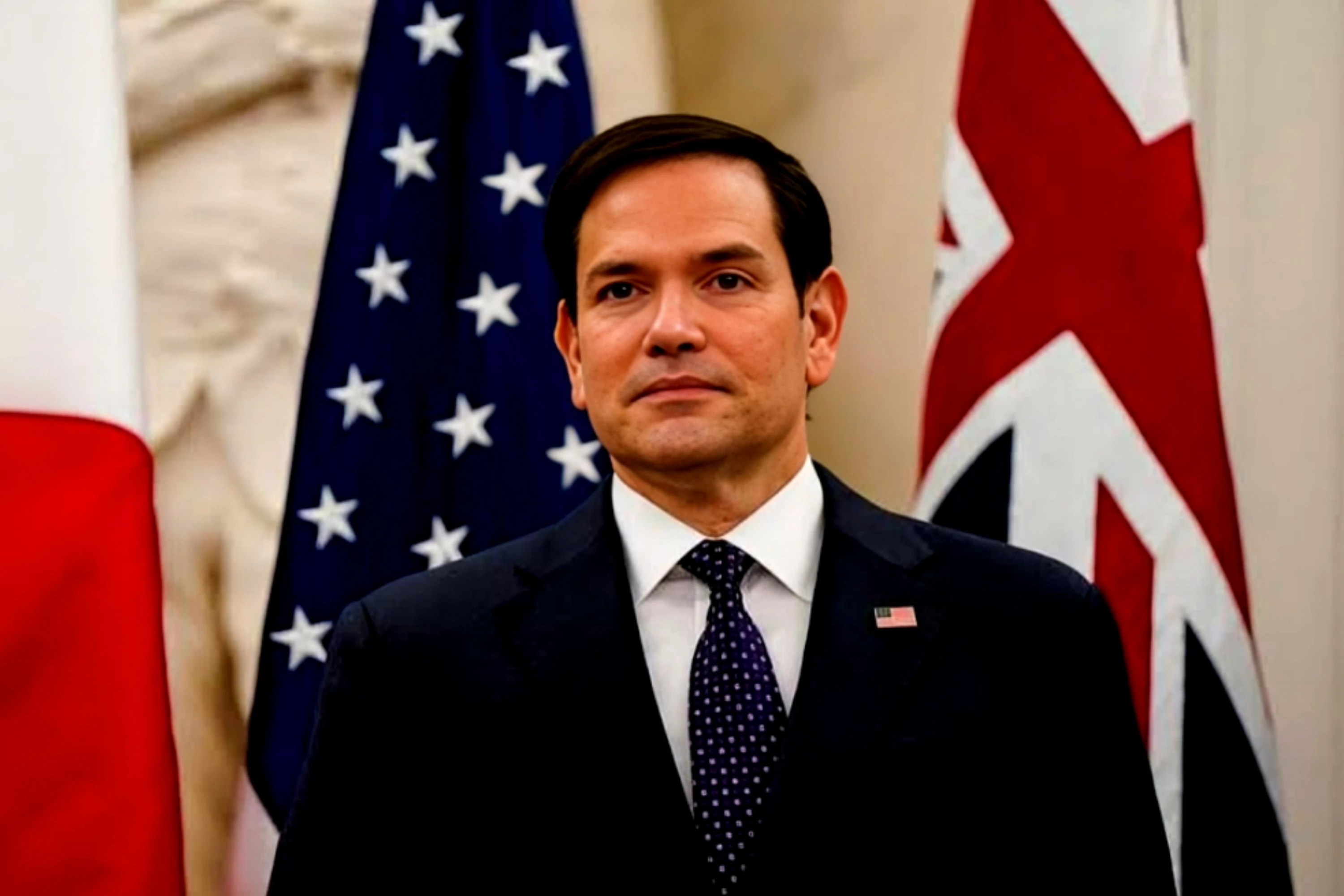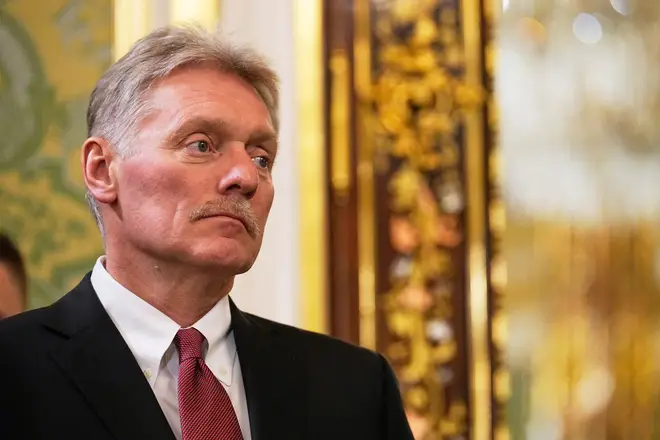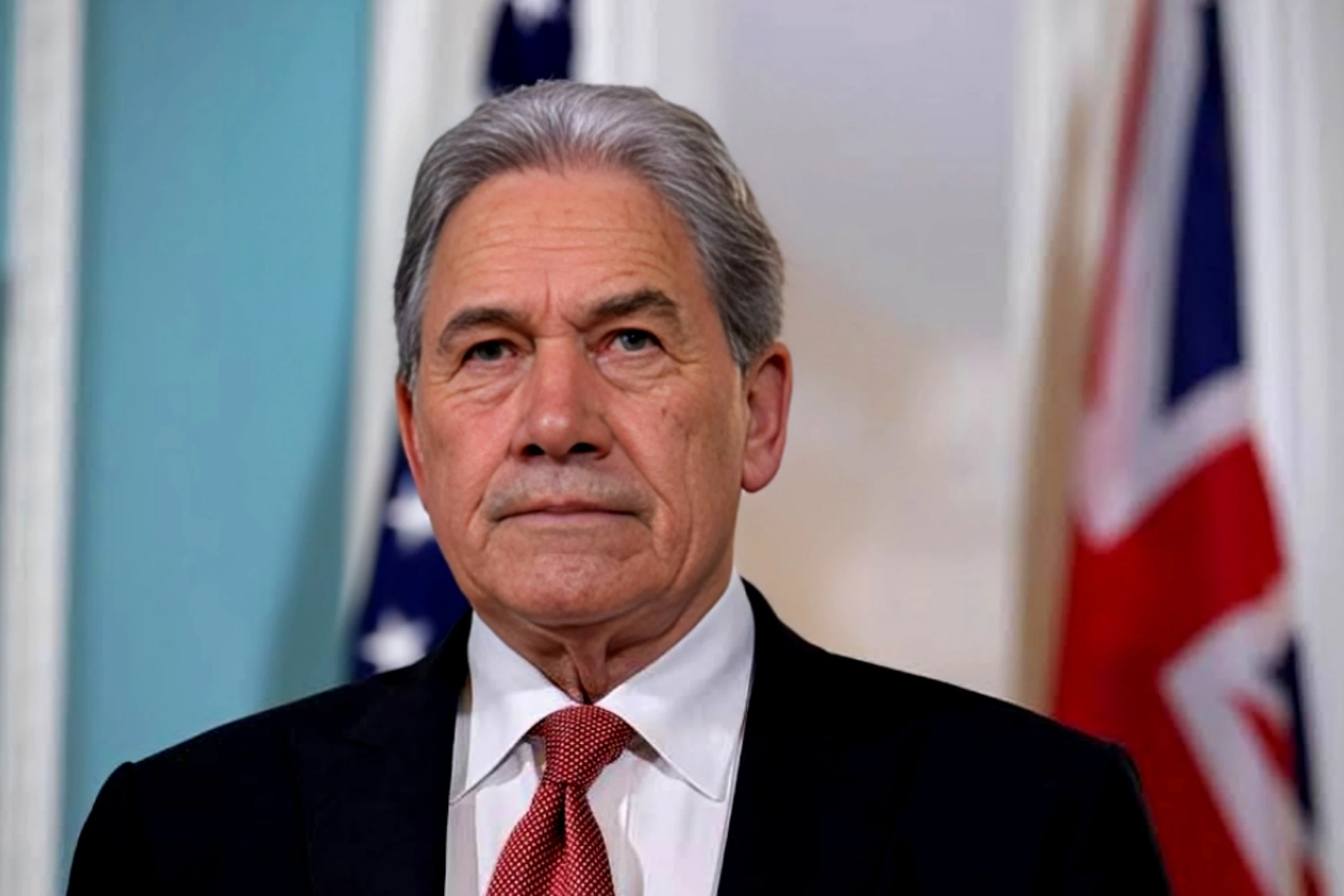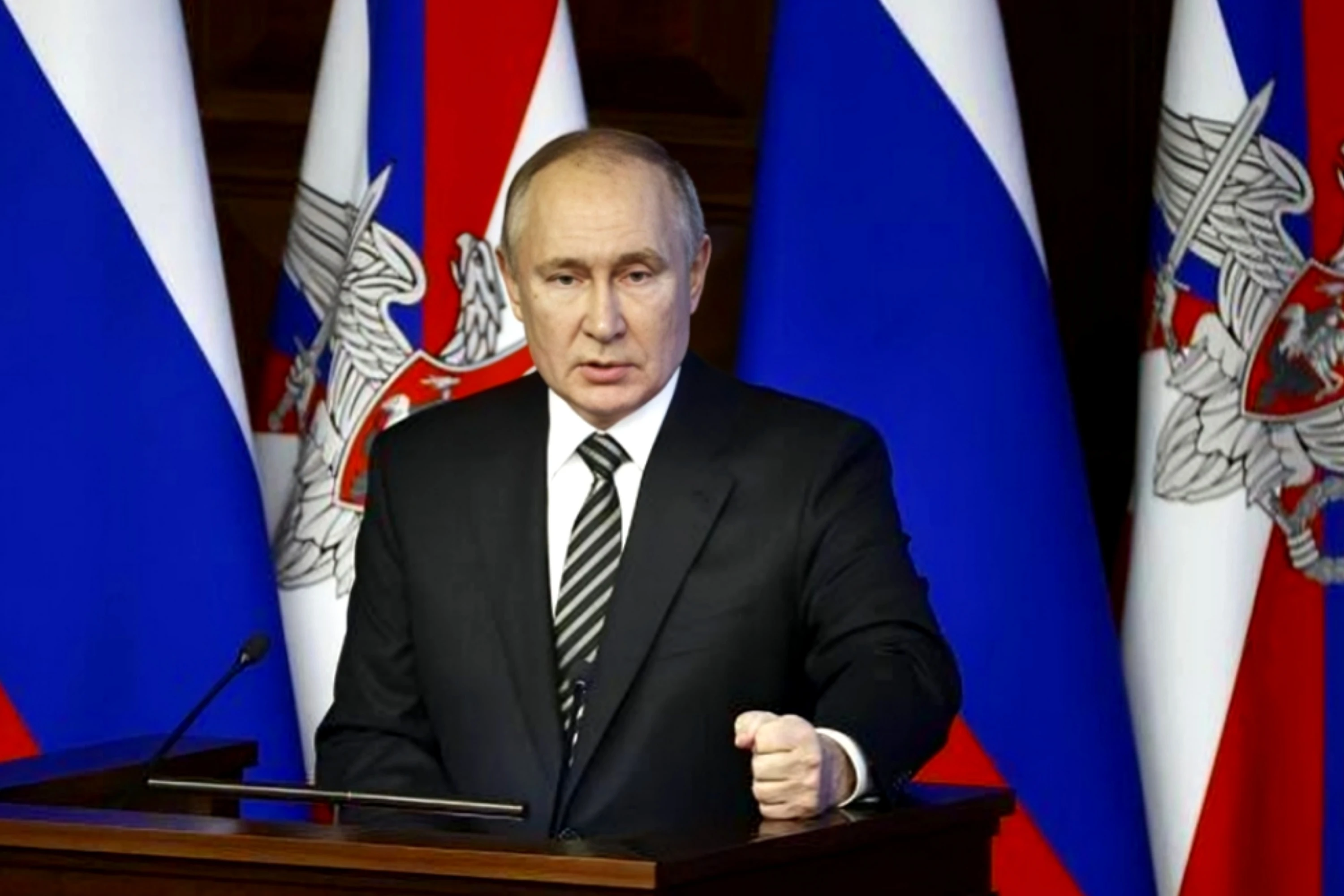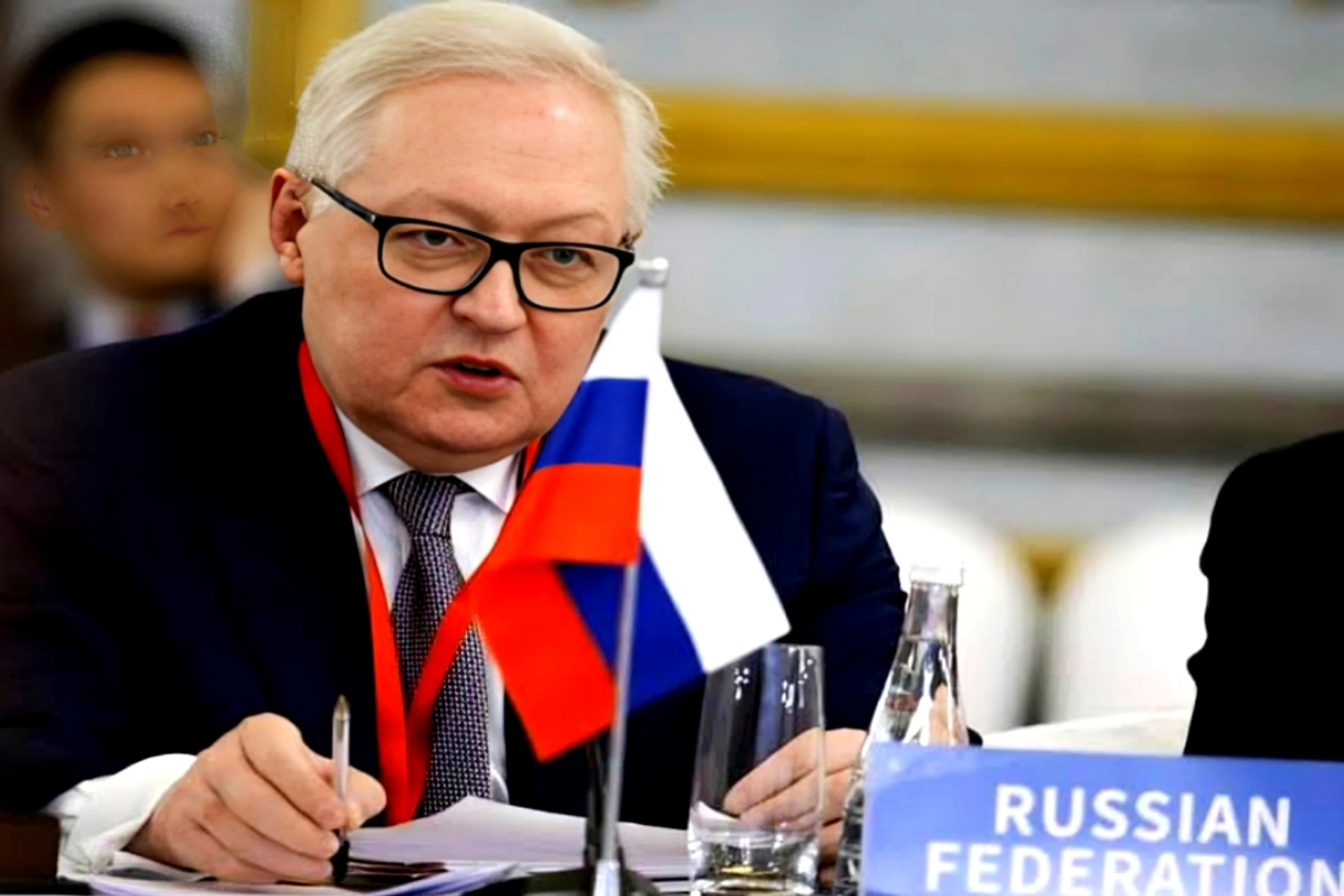Washington/Moscow: Russian President Vladimir Putin has agreed to a temporary suspension of attacks on Ukraine's energy and infrastructure facilities following an extended phone call with U.S. President Donald Trump, the White House announced Tuesday. However, despite the agreement on this limited ceasefire, Moscow has yet to approve a wider truce to bring an end to the ongoing war.
According to the Kremlin, Trump proposed a mutual cessation of strikes on energy infrastructure for 30 days, a suggestion Putin accepted, subsequently directing the Russian military to comply. While this marks the first time Russia has agreed to halt specific attacks since launching its invasion of Ukraine in 2022, it falls short of the full ceasefire Trump and Ukraine had hoped for.
The White House said both leaders agreed to start negotiations on a broader peace process, including discussions on a maritime ceasefire in the Black Sea and a potential permanent truce. These technical talks are expected to begin "immediately" in the Middle East.
Ukrainian President Volodymyr Zelensky welcomed the pause in attacks on energy sites, stating that Ukraine was willing to reciprocate. “Both sides, Russian and Ukrainian, can stop targeting the energy sector. Our side supports this,” he said in a press briefing.
Despite the progress, major sticking points remain. The Kremlin emphasized Russia’s demand for a halt in foreign military assistance to Ukraine—something not addressed in the White House’s statement. Neither side mentioned territorial concessions, though Trump previously hinted at the possibility of discussing land divisions as part of the negotiations.
Tuesday’s call, which lasted about two hours, was a significant test of Trump’s ability to advance his campaign pledge of ending the war. The White House framed the discussion as a step toward improved U.S.-Russia relations, stating that both leaders recognized the "economic and geopolitical benefits" of achieving peace.
The Kremlin also confirmed that a prisoner exchange between Russia and Ukraine would take place on Wednesday. Additionally, the two leaders touched on Middle East diplomacy, with Russia offering to mediate a nuclear deal with Iran. In a lighter exchange, Putin proposed U.S.-Russia hockey matches, an idea that Trump reportedly supported.
In the lead-up to the call, U.S. officials had been working behind the scenes to secure Russian concessions. Diplomatic efforts, spearheaded by Middle East envoy Steve Witkoff, Secretary of State Marco Rubio, and National Security Adviser Mike Waltz, included a direct meeting between Witkoff and Putin in Moscow. U.S. negotiators believe Russia is moving closer to accepting a truce, though Putin has expressed skepticism about the terms.
White House officials remain optimistic, with Press Secretary Karoline Leavitt describing the peace talks as being “on the 10-yard line.” However, while the U.S. pushes for a resolution, Russian officials have signaled concerns that a ceasefire could serve as a temporary advantage for Ukraine rather than a step toward lasting peace.
Trump’s team has insisted that an end to hostilities must come first before tackling long-term issues such as Ukraine’s territorial boundaries and security guarantees. Meanwhile, U.S. officials acknowledge that discussions about land divisions and political realities on the ground will be necessary.


